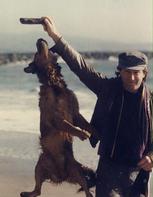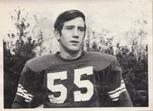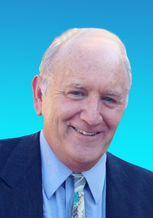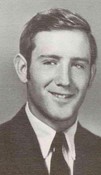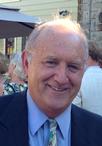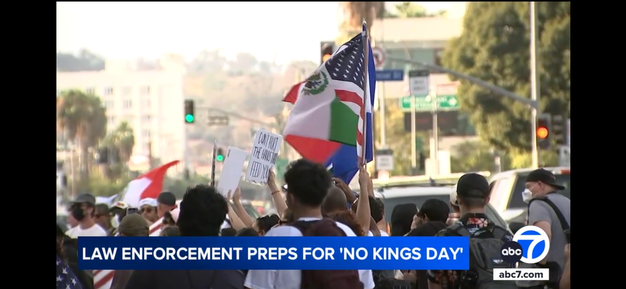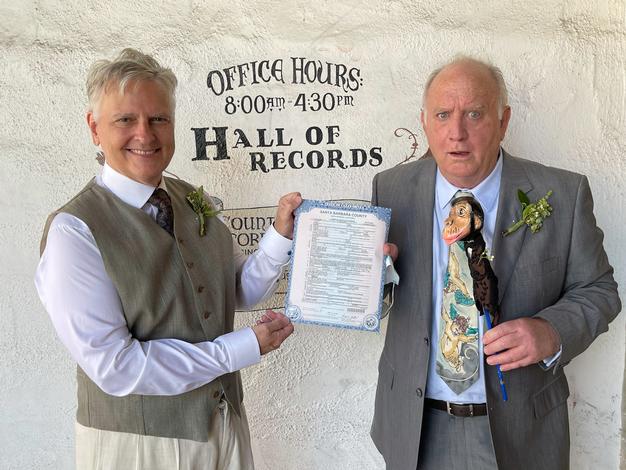Comments:
From Paly, went across the street to Stanford, graduated with a B.A in Journalism, went East to Columbia Graduate School of Journalism and survived a very demanding year, sold an article on the Bowery to the New York Times Magazine, then to the Ford Foundation's Criminal Justice Publications investigating the nation's prisons and police. That was a great job, backed by a bottomless budget . Ford flew all over the country often undercover as a cop. Interviewed a mob boss in New Orleans and Death Row inmates (scary), Chinese gangs ties to the Tongs in China, and many more. I covered the Nicaraguan Revolution for Rolling Stone and the New York Times. Living In Manhattan, I expanded my thesis on the invasion of Universal TV in Yosemite (where I had led Sierra Club Service Trips) to 270 pages, but was rejected with a lovely note from the editor. Then back to San Francisco, started as an on-air investigative reporter for KQED, KABC, and some specials for KCBS. Won an Emmy out of the gate for breaking the story on lumber companies' aerial spraying of carcinogenic chemicals over populated forests (poor Emmy was smashed in the Northridge earthquake). Went on to work as a producer/writer/director for dozens of shows on all major Networks, MTV, PBS, Discovery, Disney, Paramount and others. Travelled all over the country and to Japan and Paris for Disney specials, and 4 years as Field Director for Disney Salutes the American Teacher, meeting outstanding people, for which I won a cable ACE for short form programming. That scattered career lasted 40 years, concluding with a 9-year stint for the Annenberg Foundation's Space for Photography, for which we won a CINE Golden Eagle. A spinal injury and the pandemic put an end to my career, and left us in the lurch, as many of you know. I did not plan well. With nowhere else to turn, I begged for help from classmates and friends, to which some of you generously responded (Thank You!) and a few old friends lambasted me for doing that. So that's over. Started the podcast "OURGENPOD.com" aimed at folks 55+ (us) in 2019 with a series on Woodstock and continuing intermittently since. We recently won the Discover Pods Award for Best Podcast in the Society and Culture category -- thanks to all you who voted for us. Growing old with my spouse of 40 years, Julian. I refuse to use a cane.
